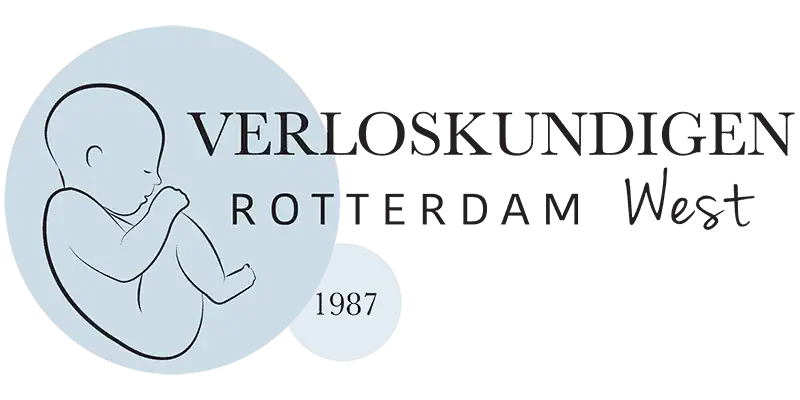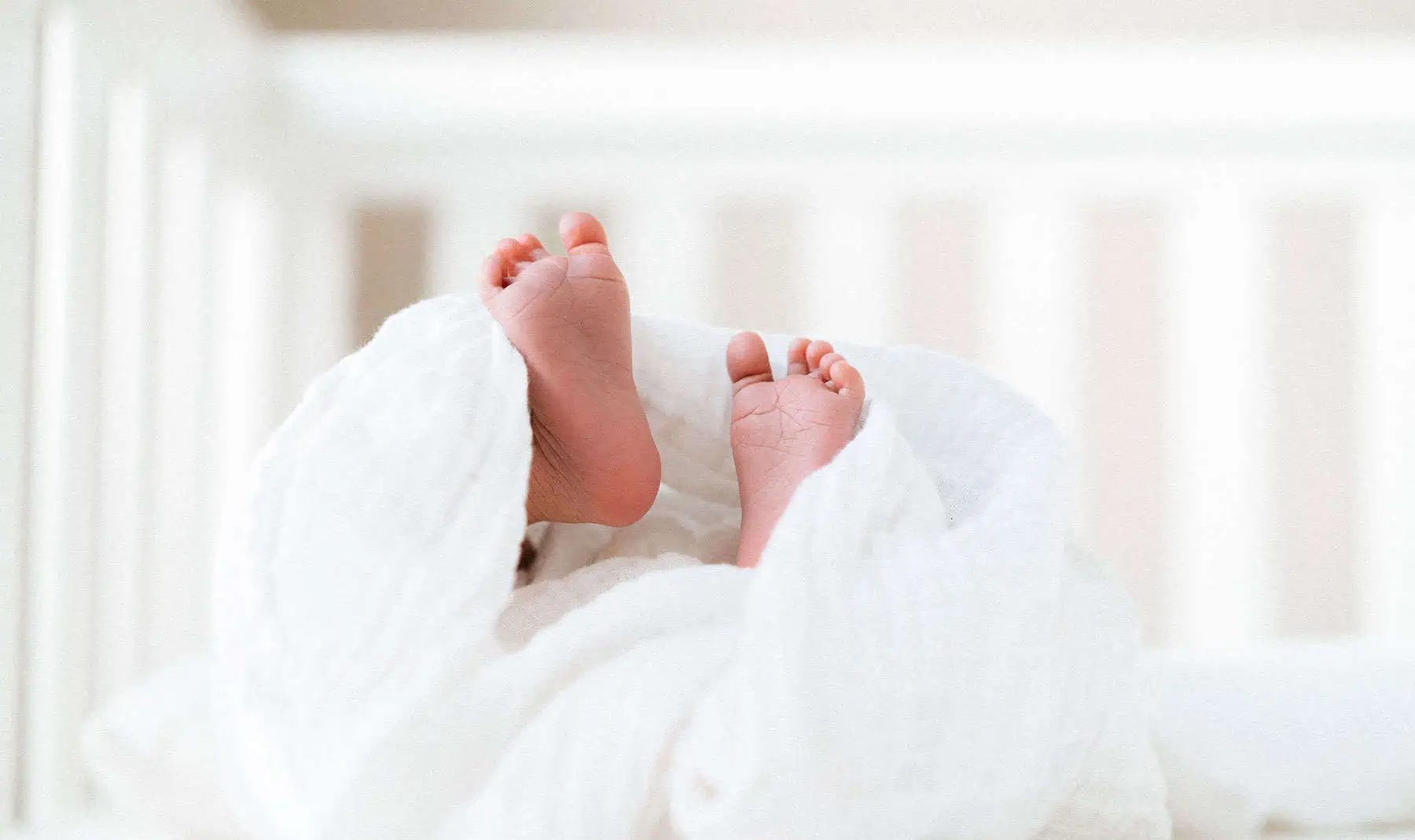During pregnancy it is important to eat a healthy and varied diet
If you are pregnant you eat for yourself and for your baby. However, you do not have to eat for 2. Your body absorbs nutrients much better when pregnant and processes them much more efficiently. Your body consumes slightly more energy because the baby needs to grow, but you will often move less. The bottom line is that you can eat roughly the same during pregnancy as you did before you were pregnant. Are you still hungry? Don’t go hungry, but take an extra slice of bread or a piece of fruit. Don’t opt for sweets or snacks.
Pregnant women should also eat their ‘five a day’
If you eat a varied diet as described by the Food Pyramid both you and your baby will have a sufficient supply of healthy nutrients. Nutrients are proteins, carbohydrates, fats, vitamins and minerals. All these nutrients are necessary for your baby to grow well. Vary what you eat and incorporate plenty of fruit and vegetables as these contain a lot of nutrients. Choose a variety of different once throughout the week. It is also a good idea to alternate between meat, fish and meat substitutes.
What should an shouldn’t you eat when pregnant? Here are a few guidelines:
Avoid:
- Raw meat, organ meats and liver such as: raw steak, carpaccio, steak tartar, salami, underdone roast beef and raw ham
- No vacuum packed fish, raw crustaceans or shellfish, or predatory fish such as: smoked salmon, eel, mussels, oysters and tuna
- No raw milk or soft cheeses made from raw milk
- No leftovers or salads that have been sitting in the fridge for a few days
- No alcohol
- No eating for two
Recommended:
- Eat a varied diet. use the Food Pyramid
- Drink approximately 2 litres of water a day
What may I have every now and again?
- Liver sausage or pâté, max. 1 sandwich per day
- Fish is healthy, but only eat it up to 2 times a week (and then only fatty fish such as mackerel, herring, salmon, eel, halibut, bloater, sardines and trout)
- Avoid caffeine. Dietary advice says you should not drink more than one cup of coffee a day. One cup of coffee contains 85 milligrams of caffeine, while black tea contains 40 mg and green tea 20 mg
- Don’t drink lots of fruit juices. These are simply liquid sugars and are quickly absorbed. They can help you to put on lots of weight.
Putting on weight during Pregnancy
On average women gain 10 to 15 kilos during pregnancy. Everything you eat and drink more than you need, you gain as extra weight. Ans after the pregnancy you have to lose this extra weight. Some women use pregnancy as an excuse to just eat a little more than usual. Besides that you gain weight, you are more likely to have a heavy baby. A heavier baby later in life again has an increased risk of being overweight.
How do you avoid putting on lots of weight?
Generally, you should: not eat for two and make sure you eat a healthy and varied diet. Try to keep your cravings under control. Don’t restrict your diet! Too little food can (eventually) affect your baby’s growth and you will become extremely tired.
Keep moving: 30 minutes or more each day. Walking, cycling and swimming are great activities. Some communities offer courses specifically for pregnant women. Exercise does not only mean sports. Vacuuming the house or washing the car also counts. Contact sports and sports in which you can fall or receive a blow to the stomach (karate, hockey or skiing for example) are not a good idea.
There are a number of things to consider if you want to avoid putting on too much weight during your pregnancy. It is important that you take folic acid and vitamin D supplements. You do not need to eat for two. If you control what you eat, you will quickly return to your original weight after your baby is born.
For more information about healthy eating during pregnancy: www.voedingscentrum.nl

